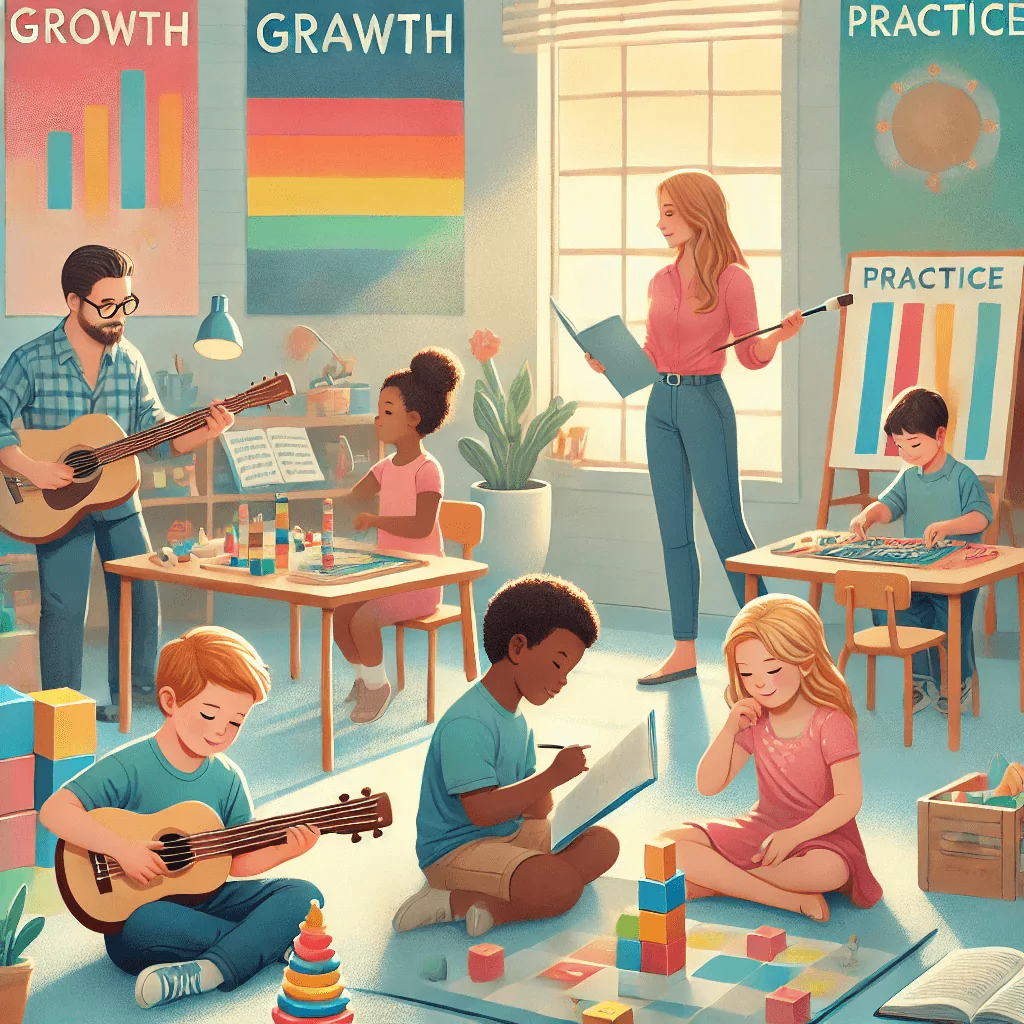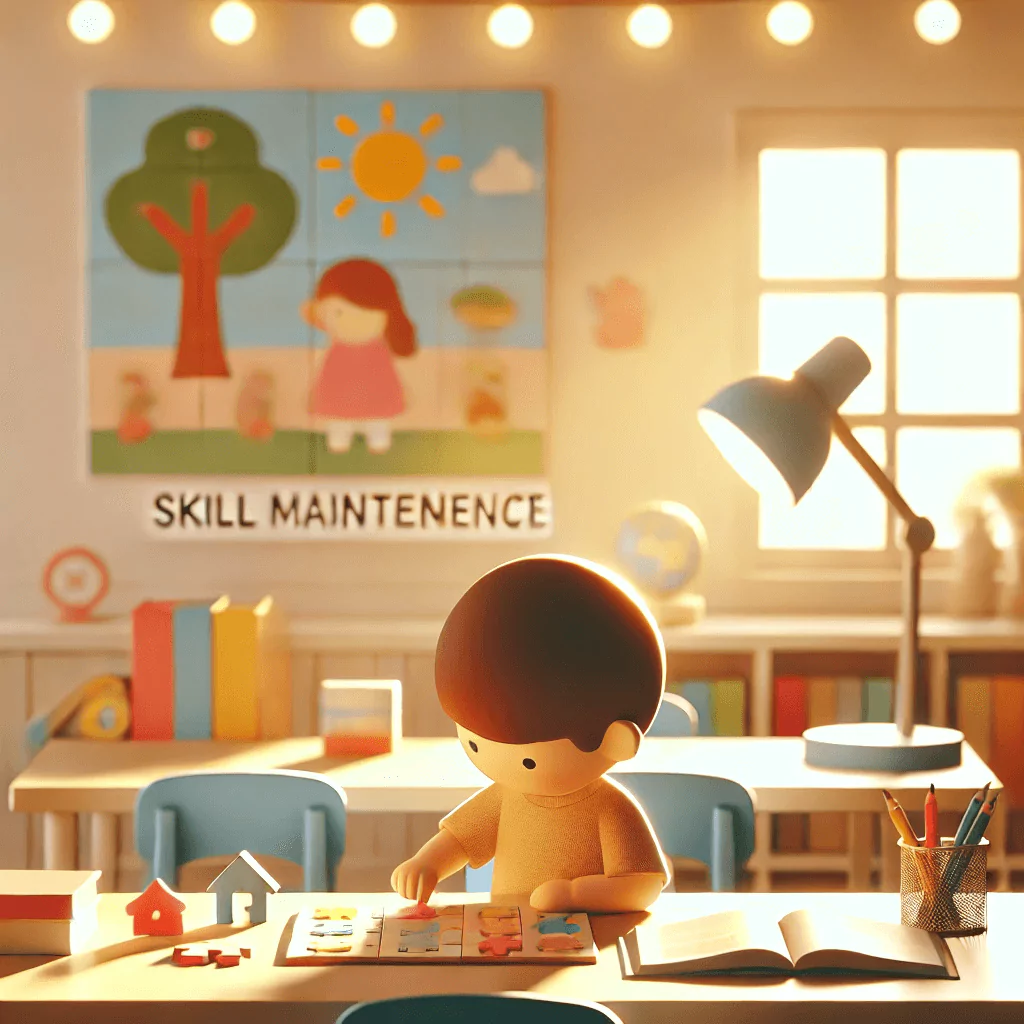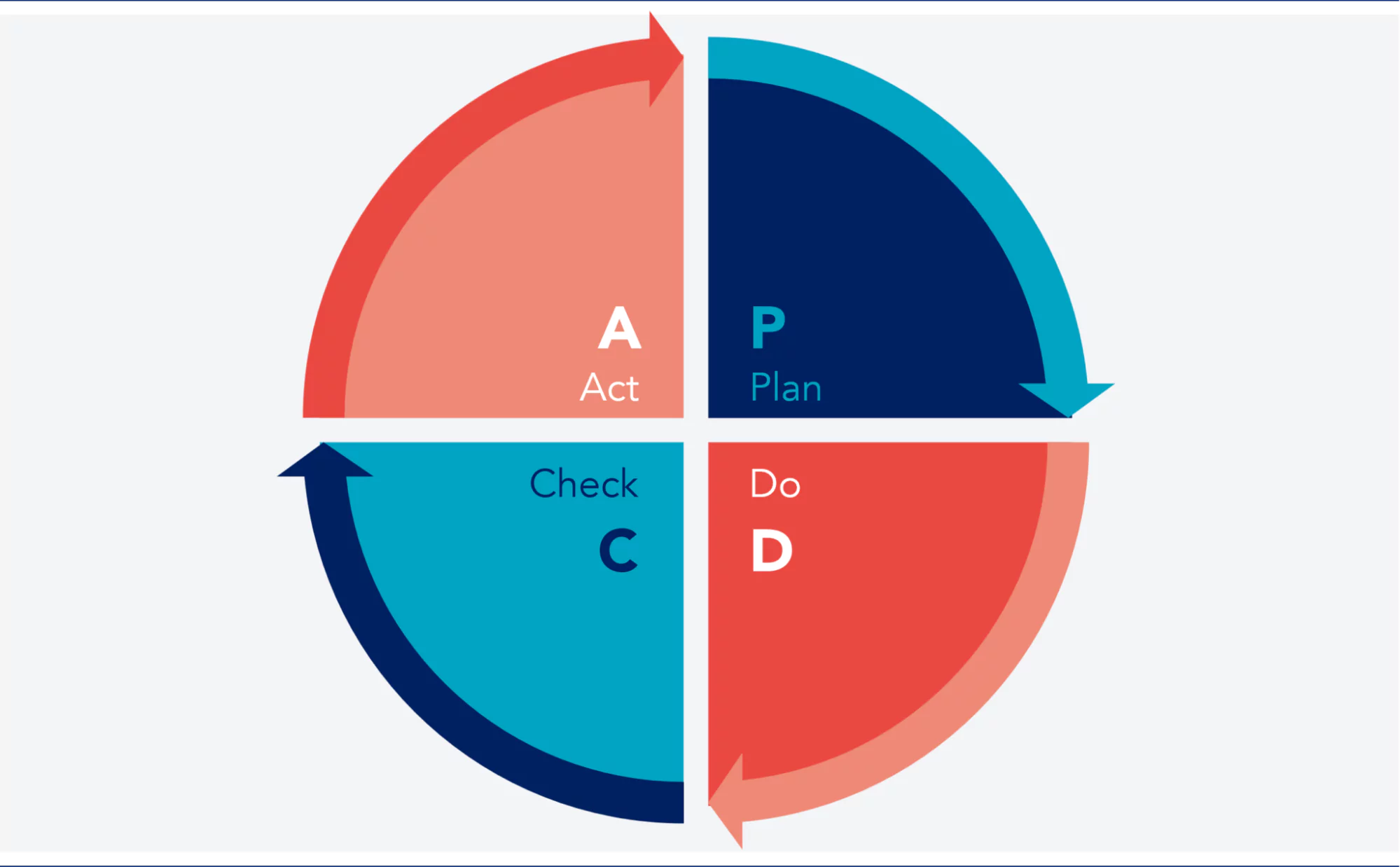As American writer and futurist Alvin Toffler once said, “The illiterate of the 21st century will not be those who cannot read and write, but those who cannot learn, unlearn, and relearn.”
In a world that’s always changing, keeping our skills sharp and constantly improving them is crucial.
This blog will explore why maintaining and improving your skills is essential and provide practical strategies to achieve sustained excellence.
1. Understanding Skill Maintenance and Continuous Improvement

1. Skill Maintenance
Skill maintenance is about regularly practicing and updating your skills to ensure they stay relevant and effective. It’s like maintaining a car – if you don’t regularly check and tune it, it will eventually break down.
Continuous Improvement: Continuous improvement means constantly looking for ways to better your skills and knowledge. It’s about never settling for “good enough” and always striving for excellence.
Recommended Reading: Don’t Click That! Teaching Kids to Spot and Avoid Phishing Scams
2. The Relationship Between the Two
Maintaining your skills ensures you don’t lose what you already know, while continuous improvement helps you grow and adapt. Together, they create a powerful combination for achieving sustained success.
2. The Importance of Skill Maintenance

1. Prevents Skill Deterioration
Skills can become outdated if not regularly practiced. Just like muscles weaken without exercise, your abilities can deteriorate without regular use and updates.
2. Enhances Performance
When you keep your skills sharp, you perform better. Regular practice leads to greater efficiency and effectiveness in your tasks.
Similar Read: Best Back to School Movies | Top Picks for a Fun School Year
3. Adapts to Changes
Industries and technologies are constantly evolving. Maintaining your skills ensures you can adapt to these changes and stay relevant in your field.
3. Strategies for Skill Maintenance
1. Regular Practice
Dedicate time each week to practice your skills. Whether it’s coding, writing, or a sport, consistent practice is key to maintenance.
2. Continuous Learning
Enroll in courses, attend workshops, and pursue professional development opportunities. Learning new aspects of your field keeps your skills fresh and relevant.
3. Feedback and Evaluation
Seek feedback from peers, mentors, or supervisors. Regularly evaluate your skills to identify areas for improvement.
4. Networking
Join professional groups and networks. Engaging with others in your field can provide insights and keep you updated on the latest trends and best practices.
4. The Importance of Continuous Improvement
Staying Competitive
Continuous improvement helps you stay ahead of the competition. It keeps you at the cutting edge of your field.
Driving Innovation
By constantly seeking ways to improve, you open the door to innovation. This can lead to new ideas and better solutions.
Personal Growth
Improving your skills not only benefits your career but also contributes to personal satisfaction and growth. It keeps you motivated and engaged.
Strategies for Continuous Improvement
Continuous improvement is an ongoing cycle. It’s about constantly looking for ways to solve problems and make processes better. The idea is that no matter how good something is, it can always be improved. The goal isn’t just to fix problems but to create an environment where everyone is always aiming for excellence.
The PDCA Cycle : The Core Methodology for Continuous Improvement Processes
The PDCA (Plan-Do-Check-Act) cycle is a tool that helps with continuous improvement. This cycle provides a step-by-step method for planning, testing, evaluating, and refining improvements.

Act: Decide what to do next based on the results. If the changes were successful, implement them on a larger scale. If not, make adjustments and start the cycle again.
Plan: Identify an area for improvement and create a detailed plan. Set clear goals, choose indicators of success, and think about how the changes might lead to improvements.
Do: Implement the changes on a small scale or in a controlled setting. This lets you test the changes without causing major disruptions.
Check: Analyze the results of the changes. Compare them to the goals set in the planning phase to see if the changes worked as expected.
4. Tools and Resources for Skill Maintenance and Continuous Improvement
Maintaining and continuously improving your skills is crucial for staying competitive and achieving long-term success. Here are some effective tools and resources that can help you on this journey.
| Books and Journals | Software and Apps |
|---|---|
| "Atomic Habits" by James Clear | Trello or Asana to set goals |
| "Deep Work" by Cal Newport | Duolingo |
Workshops and Conferences
- Workshops: Participate in hands-on workshops to gain practical experience and learn from experts. Many workshops offer opportunities for real-time feedback and networking.
- Conferences: Attend industry conferences to learn about the latest trends, meet thought leaders, and network with peers. Conferences often feature keynote speeches, panel discussions, and breakout sessions.
Mentorship and Coaching
- Mentorship Programs: Seek out mentors who can provide guidance, share their experiences, and help you navigate your career path.
- Professional Coaches: Hiring a career or skills coach can offer personalized advice and strategies for improvement.
Conclusion
Maintaining and continuously improving your skills is essential for sustained excellence. By regularly practicing, learning, seeking feedback, and embracing new challenges, you can keep your skills sharp and stay ahead in your field. Start implementing these strategies today, and you’ll be well on your way to achieving long-term success.
Moonpreneur is on a mission to disrupt traditional education and future-proof the next generation with holistic learning solutions. Its Innovator Program is building tomorrow’s workforce by training students in AI/ML, Robotics, Coding, IoT, and Apps, enabling entrepreneurship through experiential learning.


























I do feel like always trying to improve can get tiring. Sometimes it’s hard to keep pushing without feeling too much pressure. I think it would be helpful if you give a few tips on how to pace ourselves so we don’t get too tired.
I do feel like always trying to improve can get tiring. Sometimes it’s hard to keep pushing without feeling too much pressure. I think it would be helpful if you give a few tips on how to pace ourselves so we don’t get too tired.
Ans. There are multiple options to get ourselves motivated for updating our skills like setting an achievable goal, making sure to have fun while developing the skill and always find an inspiration surrounding yourself.
It made me realize how much skills like empathy and self-awareness truly matter, not just at work but in everyday life. I found the emphasis on staying calm under pressure especially useful—something I know I need to work on more.